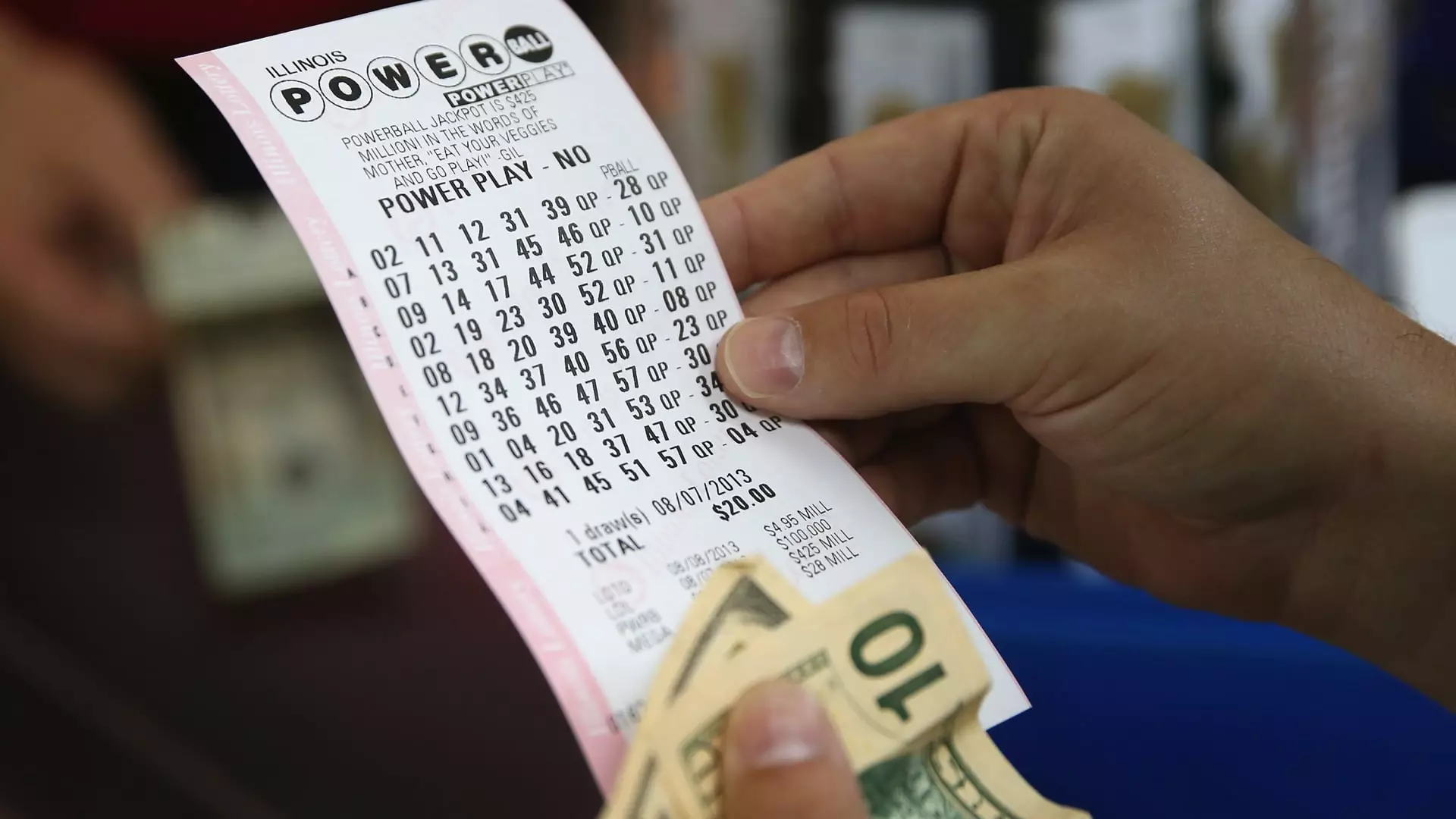The Powerball jackpot has reached an exciting $1 billion, making it the fifth-largest prize in the game’s history. For anyone lucky enough to match all six numbers, there are two payout options available: a lump sum of $483.8 million or annuitized payments totaling $1 billion. It is important to note that both of these amounts are pretax estimates. The lump sum provides an immediate payout, while the annuity includes one initial sum followed by 29 annual payments with a 5% increase each year.
It is crucial for lottery winners to be aware that their winnings are subject to taxes. According to Landon Buzzerd, a certified financial planner at Grant Street Asset Management, the actual amount received by the winner could be significantly lower once taxes are deducted. In fact, between federal and state taxes, the final payout may be cut in half before reaching the recipient’s hands.
Interestingly, there are eight states in the U.S. that do not tax lottery winnings at all. These states include California, Florida, New Hampshire, South Dakota, Tennessee, Texas, Washington, and Wyoming. Being aware of the tax implications based on your state of residence can help in making an informed decision about how to receive your winnings.
Winning a large sum of money like the Powerball jackpot can lead to significant lifestyle changes. Without proper guidance from financial experts such as financial planners, tax advisors, and attorneys, a lottery winner may mismanage their lump sum payout. Crystal McKeon, a Houston-based CFP, warns that sudden wealth can often lead to reckless spending on extravagant purchases, risky investments, or poorly thought-out donations. Having a team of experts can provide the necessary guidance to make sound financial decisions.
While most lottery winners opt for the lump-sum distribution, some experts believe that choosing the 29-year annuity could offer more financial security. The annuity provides a structured payment plan that can help guard against overspending or mismanagement of funds. However, it is essential to consider the opportunity cost of receiving less money upfront with the annuity option.
The recent $1.128 billion Mega Millions jackpot won by a single ticket purchased in New Jersey highlights the excitement of lottery jackpots. The Powerball jackpot has now reset to $36 million, with odds of winning at roughly 1 in 302 million. Despite the long odds, the allure of winning such massive prizes continues to captivate players across the country.
Winning a $1 billion Powerball jackpot is a life-changing event that requires careful planning and consideration. From understanding the different payout options to navigating tax implications and making responsible financial decisions, there are many factors to consider for jackpot winners. Seeking guidance from financial experts and weighing the pros and cons of lump sum versus annuity payments can help ensure that the windfall is managed wisely for long-term financial security.

